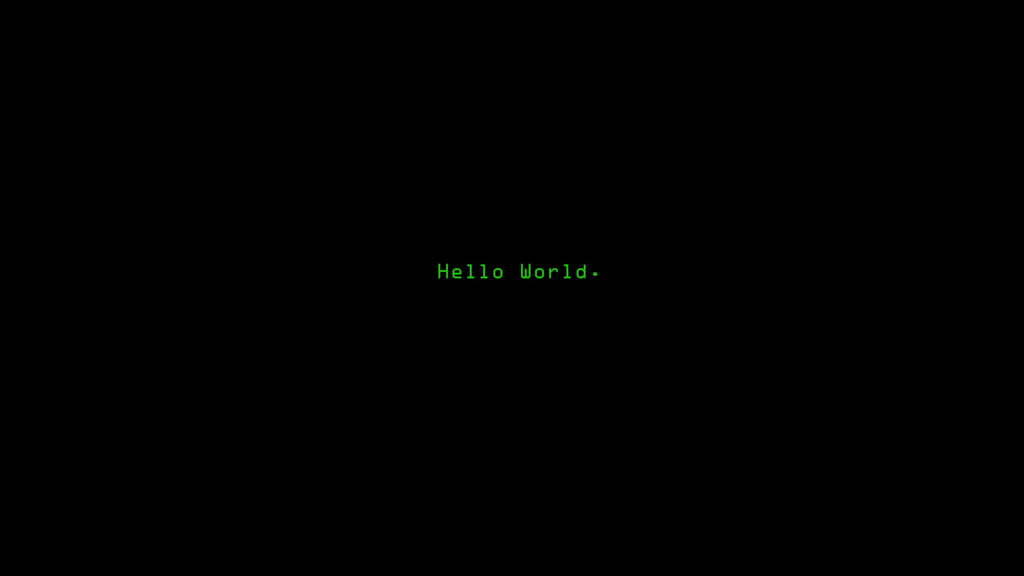Hello fellow Linux enthusiasts!
As many of you know, Linux can be a powerful and flexible operating system, but it can also be daunting for new users, especially when it comes to securing their systems. With the abundance of information available online, it’s easy to get overwhelmed and confused about the best practices for firewall configuration and basic security.
That’s why I reaching out to the Linux community for help. I am looking users who are willing to share their expertise and write a comprehensive guide to Linux firewall and security.
The goal of this guide is to provide a centralized resource that covers the following topics:
Introduction to Linux firewalls (e.g., firewalld, ufw, etc.)
Understanding basic security principles (e.g., ports, protocols, network traffic)
Configuring firewalls for various scenarios (e.g., home networks, servers, VPNs)
Best practices for securing Linux systems (e.g., password management, package updates, file permissions)
Troubleshooting common issues and errors
Advanced topics (e.g., network segmentation, SELinux, AppArmor)
I am looking for a well-structured and easy-to-follow guide that will help new users understand the fundamentals of Linux firewall and security, while also providing advanced users with a comprehensive resource for reference.
If you’re interested in contributing to this project, please reply to this post with your experience and expertise in Linux firewall and security. We’ll be happy to discuss the details and work together to create a high-quality guide that benefits the Linux community.
Thank you for your time and consideration, and im looking forward to hearing from you!


Can you explain to me what a router does? Is is just a PC tunnelling inbound and outbound connections? What makes it the master of the network?
Btw in Germany we have FritzBox which doesnt suck, but seems they sell their company
A router routes traffic. It usually has dhcp and a firewall.
However, most devices for consumers are a router, switch and a wireless access point. What this means is that they have a router but also Ethernet plugs in the back and a WiFi antenna